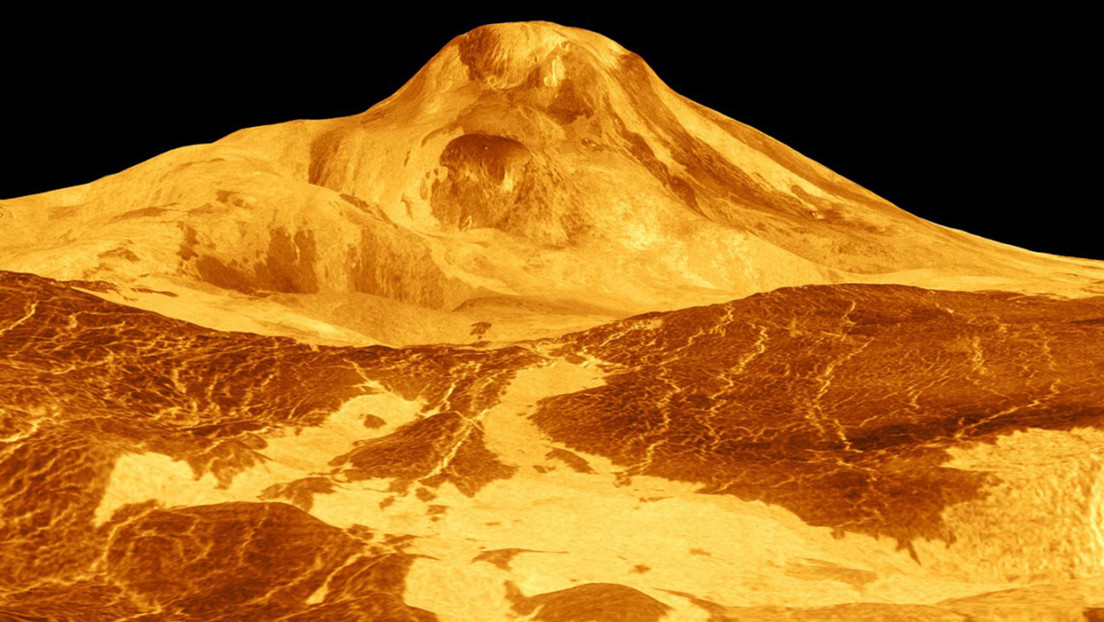Published:
13 July 2021 17:24 GMT
“Phosphine does not tell us about the biology of Venus. It tells us about geography,” said Jonathan Lunain, co – author of the new study.
A Study Recently published in the scientific journal Proceedings of the National Academy of Sciences, a team of researchers found that phosphine (a toxic gas produced exclusively by anaerobic microorganisms) Found Its appearance in Venus’ atmosphere last year may have been in active volcanic eruptions, not in biological processes.
“Phosphine does not tell about the biology of Venus”, he said Jonathan Lunain, head of the Department of Astronomy at Cornell University (USA) and co-author of the new study. “He talks about geography. Science points to a planet with an intensely erupting volcano today or in more recent times.”
The scientific community has long questioned whether Venus contains active volcanoes, and Venus’ atmosphere is so dense that it has become very difficult to observe its tectonics. By far, the best images of the surface of Venus have been obtained through studies from the Soviet Venera Project between the 1960s and 1980s, in addition to some radar scans taken by Magellan’s study in the 1990s.
However, by analyzing data collected by the James Clark Maxwell Telescope, the Chile Alma Telescope Network and the Magellan Observatory, the researchers discovered the geographical features of volcanic activity on Venus.
The study suggests that Venus’ deep mantle may contain phosphorus compounds called phosphides, which are released into the atmosphere via the planet’s volcanoes, forming strong eruptions such as the Krakatoa volcano or the Yellowstone Supervolcano. Once in the atmosphere, “phosphides react with sulfuric acid in the aerosol layer to form phosphine.”
“We decided that the volcano could provide enough phosphide to produce phosphine,” the researchers note.
However, those arguments did not convince Clara Sousa-Silva, a quantum astronomer at the Harvard-Smithsonian Astronomical Center. Promises “The reaction of mineral phosphides with concentrated sulfuric acid is not necessary to form phosphine (…) The oxidation reaction is the result of the reaction of phosphides with concentrated sulfuric acid, but not the production of phosphine.”
Sousa-Silva, who has previously studied the atmospheres of Venus and other planets, said there are agiotic ways for phosphine formation, including volcanoes, but “these methods are very rare and inefficient”.





